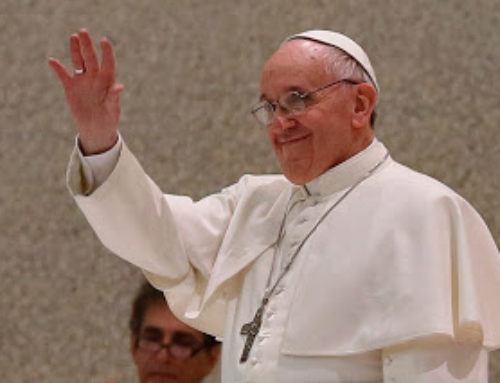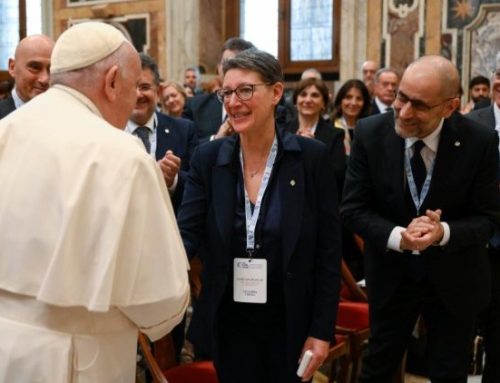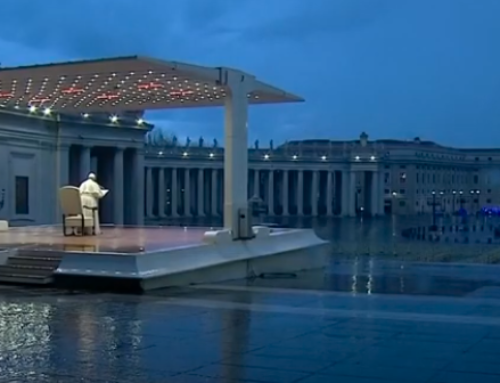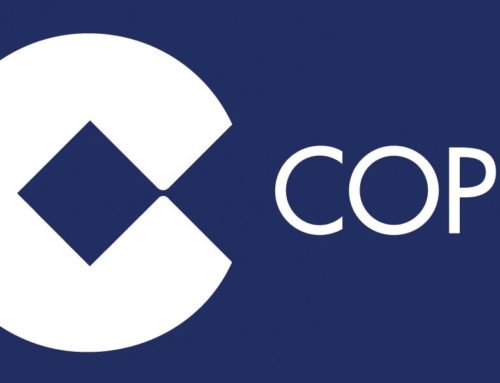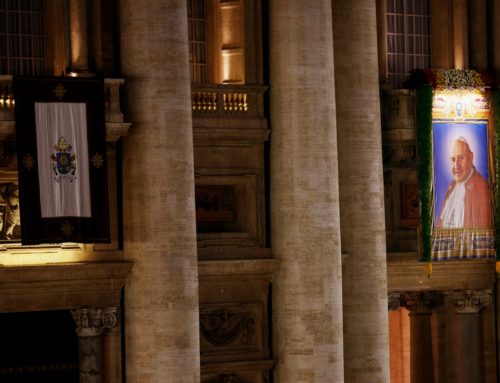Today Pope Francis met with the participants in a two-day Seminar organized by the Pontifical Academy of Sciences on the theme: “Narcotics: Problems and Solutions for This Worldwide Plague.”
Here is a ZENIT translation of the Pope’s address.
__
Distinguished Gentlemen and Ladies:
I greet warmly each one of those present and I am grateful for the words addressed to me by the President of the Pontifical Academy of Sciences.
Drugs are a wound in our society; a wound that catches many people in its snares. These people are victims who have lost their freedom to fall into this slavery – slavery of a dependence that we could call “chemical.” It’s true that it is a “new form of slavery,” as many others that today scourge man and society in general.
Obviously there is not one cause that leads to drug dependence, but there are many factors that intervene, among others: the absence of family, social pressure, the traffickers’ propaganda, the desire to live new experiences, etc. Each dependent person brings with him a different personal history, he or she must be listened to, understood, loved, and in so far as possible, healed and purified. We cannot fall into the injustice of classifying a drug addict as if he were an object or a piece of junk. Each person must be valued and appreciated in his dignity to be able to be healed. It is the dignity of the person that we have come to find. <Drug addicts> continue to have, and more than ever, their dignity as persons who are children of God.
And it is not surprising that so many people fall into drug dependence, as worldliness offers us a wide spectrum of possibilities to attain ephemeral happiness, which in the end becomes a poison that corrodes, corrupts and kills. The individual destroys himself and with him all those around him. The initial desire to escape, seeking momentary happiness, is transformed into the devastation of the individual in his totality, with repercussions in all the social strata.
In this connection, it is important to know the extent of the drug problem, which is destructive, it is essentially destructive and, especially the vastness of the production centers and their system of distribution; the networks that make possible a person’s death – not his physical death, but his psychic death, his social death, the rejection of a person. Immense, powerful networks that snare leaders in society, in governments, in the family. We know that the distribution system, even more than the production, is an important part of organized crime, but a challenge is to identify the way to control the circuits of corruption and the forms of money laundering. They are united; they are united. Therefore, there is no other way out than to <break> the chain that goes from the sale of drugs on a small scale to the most sophisticated forms of money laundering, which nest in financial capital and in banks that dedicate themselves to the laundering of dirty money.
A judge in my country began to work <on this problem> in earnest. He had several thousand-border kilometers in his jurisdiction. <He began> to work seriously on the drug problem. In a short while he received a photo of his family in the mail: “Your son goes to this school, your wife does this …,” nothing else – a mafia warning. So when one wants to look for and <identify> the networks of distribution, one meets with the five-letter word:mafia. But seriously, because just as the distribution kills the one who is a slave to drugs, in the end one who wants to destroy this slavery is killed.
It is true that great efforts are necessary to halt the demand for the consumption of drugs and for the implementation of extensive special programs orientated to health, family support and, especially, education, which I consider fundamental. The priority is integral human formation; it gives individuals the possibility of having instruments of discernment, with which they can reject the different offers and help others. This formation is oriented primarily to the vulnerable of society, as children and young people can be, but it is also valuable to extend it to families and to those that suffer some type of marginalization. However, the problem of the prevention of drugs as a program is always impeded by a thousand and one factors of governments’ ineptitude: by a sector of the government here, there and beyond. And successful programs of prevention virtually do not exist. Moreover, once <the problem> has advanced, and is already rooted in the society, it is very difficult. I am thinking of my homeland: 30 years ago it was a country of transit, then of consumption and even some production. <It all happened> in 30 years. This is the progress made thanks to leaders’ commitment to the mafia …
Although prevention is the priority, it is also essential to work for the full and sure rehabilitation of its victims in society, to give joy back to them and <to help them> recover the dignity they lost one day. While this is not ensured, including by the State and its legislation, the recovery will be difficult and victims can be re-victimized.
The neediest of our brothers, who seemingly has nothing to give, bears a treasure for us: God’s face, who speaks to us and questions us. I encourage you to go forward with your work and to concretize, within your possibilities, the happy initiatives you have undertaken at the service of those who suffer most in this field of battle. The struggle is difficult, and when one faces it and begins to work, he always runs the risk of that judge of my homeland of receiving a missive with an insinuation. However, we are defending the human family, we are defending young people <and> children. As they say in the field: defending the offspring, defending the future.” It is not about momentary discipline; it is about projecting ahead.
Thank you very much for what you do.
…………………………………………………………
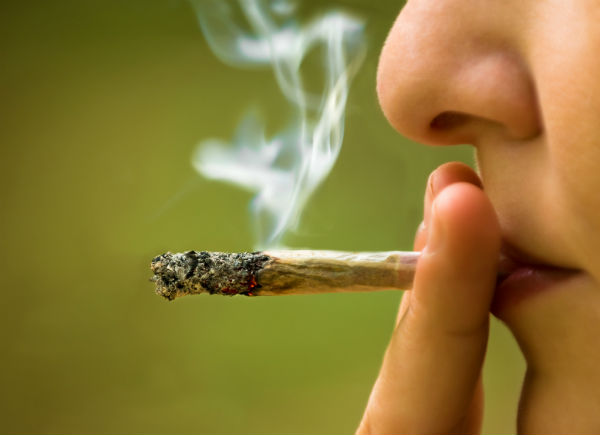
DISCURSO DEL SANTO PADRE FRANCISCO
A LOS PARTICIPANTES EN EL ENCUENTRO
“NARCÓTICOS: PROBLEMAS Y SOLUCIONES DE ESTA CUESTIÓN MUNDIAL”
ORGANIZADO POR LA PONTIFICIA ACADEMIA DE LAS CIENCIAS
Casina Pío IV
Jueves 24 de noviembre de 2016
Ilustres señores y señoras:
Saludo cordialmente a cada uno de los presentes y agradezco las palabras que me ha dirigido el Presidente de la Pontificia Academia de las Ciencias.
La droga es una herida en nuestra sociedad. Una herida que atrapa a mucha gente en las redes. Ellas son víctimas que han perdido su libertad para caer en esta esclavitud; esclavitud de una dependencia que podríamos llamar «química». Es cierto que se trata de una «nueva forma de esclavitud», como otras muchas que flagelan al hombre de hoy y a la sociedad en general.
Es evidente que no hay una única causa que lleva a la dependencia de la droga, sino que son muchos los factores que intervienen, entre otros: la ausencia de familia, la presión social, la propaganda de los traficantes, el deseo de vivir nuevas experiencias, etc. Cada persona dependiente trae consigo una historia personal distinta, que debe ser escuchada, comprendida, amada y, en cuanto posible, sanada y purificada. No podemos caer en la injusticia de clasificar al drogadicto como si fuera objeto o un trasto roto. Cada persona ha de ser valorada y apreciada en su dignidad para poder ser sanada. La dignidad de la persona es lo que hemos venido a encontrar. Siguen teniendo, y más que nunca, una dignidad en cuanto personas que son hijos de Dios.
Y no es de extrañar que haya tanta gente que caiga en la dependencia de la droga, pues la mundanidad nos ofrece un amplio abanico de posibilidades para alcanzar una felicidad efímera, que al final se convierte en veneno, que corroe, corrompe y mata. La persona se va destruyendo y, con ella, a todos los que están a su alrededor. El deseo inicial de huida, buscando una felicidad momentánea, se transforma en la devastación de la persona en su integridad, repercutiendo en todas las capas sociales.
En este sentido, es importante conocer cuál es el alcance del problema de la droga, -que es destructor, es esencialmente destructor- y, sobre todo, la vastedad de sus centros de producción y de su sistema de distribución. Las redes, que posibilitan la muerte de una persona. La muerte no física, la muerte psíquica, la muerte social. El descarte de una persona. Redes inmensas, poderosas, que van atrapando a personas responsables en la sociedad, en los gobiernos, en la familia. Sabemos que el sistema de distribución, más aún que la producción, representa una parte importante del crimen organizado, pero un desafío es identificar el modo de controlar los circuitos de corrupción y las formas de blanqueo de dinero. Están unidos, están unidos. Para ello, no queda otro camino que el de remontar la cadena que va desde el comercio de drogas en pequeña escala hasta las formas más sofisticadas de lavado, que anidan en el capital financiero y en los bancos que se dedican al blanqueo del dinero sucio.
Un juez de mi país empezó a trabajar en serio. Tenía varios miles de kilómetros de frontera en su jurisdicción. Trabajar en serio sobre el problema de la droga. Al poco tiempo recibió una foto de su familia, en el correo: “Tu hijo va a tal escuela, tu esposa hace esto…”, nada más. Un aviso mafioso. O sea, cuando se quiere buscar y ascender por las redes de distribución, uno se encuentra con esa palabra de cinco letras: mafia. Pero en serio. Porque, así como en la distribución se mata al que es esclavo de la droga, en la consumación así también se mata a quien quiera destruir esta esclavitud.
Es cierto que para frenar la demanda del consumo de drogas se necesita realizar grandes esfuerzos e implementar amplios programas sociales orientados a la salud, al apoyo familiar y, sobre todo, a la educación, que considero fundamental. La formación humana integral es la prioridad; ella da a las personas la posibilidad de tener instrumentos de discernimiento, con los cuales puedan desechar las diferentes ofertas y ayudar a otros. Esta formación principalmente está orientada a los vulnerables de la sociedad, como pueden ser los niños y los jóvenes, pero también es valioso extenderla a las familias y a los que sufren algún tipo de marginación. Sin embargo, el problema de la prevención de la droga como programa siempre se ve frenado por mil y un factor de ineptitud de los gobiernos: por un sector del gobierno de acá, de allá o de allá. Y programas de prevención de droga casi no existen exitosos. Y una vez que avanzó, y ya se radicó en la sociedad, es muy difícil. Pienso en mi patria: hace 30 años era un país de tránsito; después, de consumo, y hasta algo de producción. En 30 años. Este es el progreso que se da gracias al compromiso mafioso de los responsables…
Si bien la prevención es camino prioritario, es fundamental también trabajar por la plena y segura rehabilitación de sus víctimas en la sociedad, para devolverles la alegría y para que recobren la dignidad que un día perdieron. Mientras esto no esté asegurado, también desde el Estado y su legislación, la recuperación será difícil y las víctimas podrán ser re-victimizadas.
El más necesitado de nuestros hermanos, que aparentemente no tiene nada para dar, lleva un tesoro para nosotros: el rostro de Dios, que nos habla y nos interpela. Les animo a que sigan adelante con su labor y concreten, dentro de sus propias posibilidades, las felices iniciativas que han emprendido al servicio de los que más sufren en este campo de guerra. La lucha es difícil, y siempre que uno da la cara y empieza a trabajar, en esto corre el riesgo de ese juez de mi patria de recibir una cartita con alguna insinuación. Pero estamos defendiendo a la familia humana, defendiendo a los jóvenes, a los niños. Como se dice en el campo: “Defendiendo la cría, defiendo el futuro”. No es una cosa de disciplina momentánea, es una cosa que se proyecta hacia delante.
Muchas gracias por lo que hacen.
……………………………………………………..
LA MARIHUANA DISMINUYE EL COEFICIENTE INTELECTUAL: PONENCIAS Y VIDEO NORA VOLKOW


